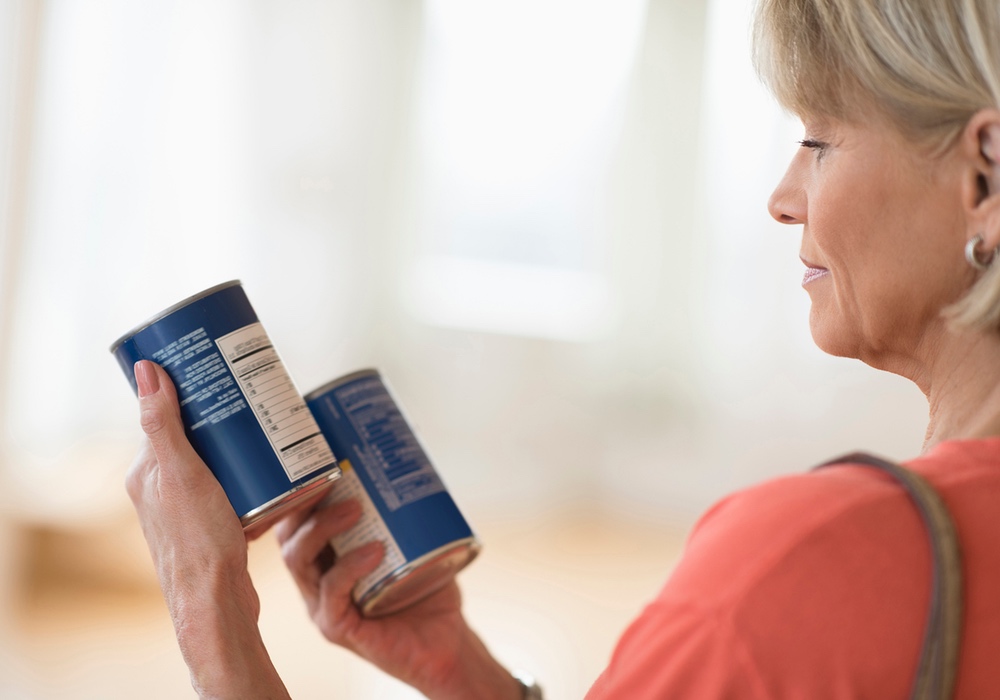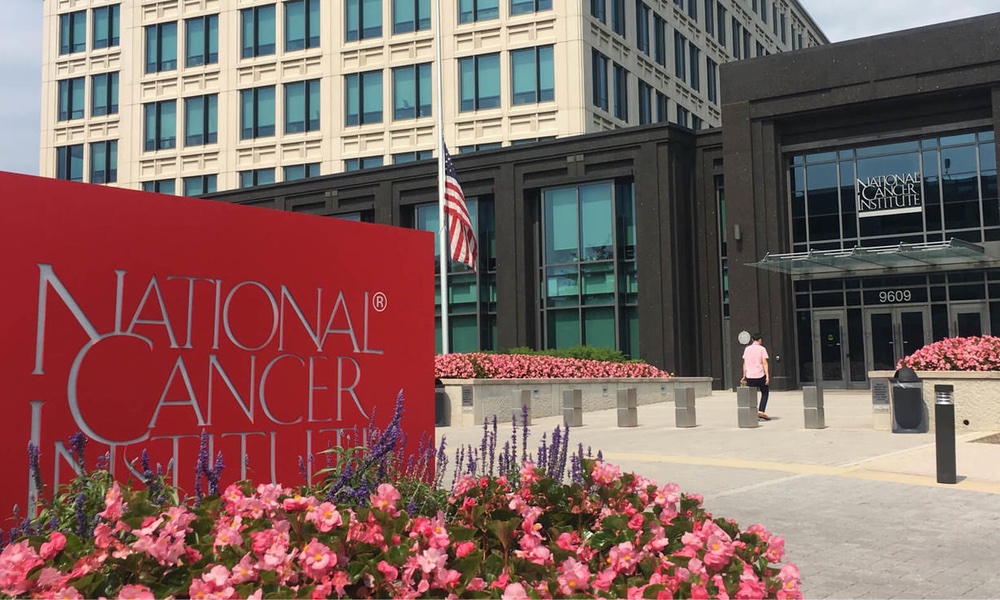Having high blood pressure, or hypertension, puts you at risk for heart disease and stroke, two leading causes of death. Roughly a third of U.S. adults have the condition, but fewer than half have it under control. Diet and lifestyle changes can help prevent and treat hypertension. There are also medications to lower blood pressure, though a healthy diet may reduce the need for expensive blood pressure medications.
What if you could get help preventing the disorder and guidance in your food choices in the unlikeliest, but most logical, of places — the grocery store? A study finds that heading off the disease this way can make a big difference.
Your family doctor or primary care provider may not have the time or the expertise to provide the lifestyle modification education and nutrition counseling a person needs to prevent or control hypertension. So researchers at Case Western Reserve University decided to see if having a registered dietitian on hand in grocery stores could do just that.“Providing education at the grocery store offers a convenient location on a schedule with more flexibility than a primary care office and reinforces dietary changes in the environment where food decisions are made,”
The dietitians looked at each person’s diet using the Healthy Eating Index-2010 which compares overall diet quality to the Dietary Guidelines for Americans. People in the study completed a food frequency questionnaire, providing information about their food and beverage intake at least one time in the previous three months, just before beginning the study, and at the completion of the study. Their blood pressure was checked at each visit, too.
Those in the study were eating more total fruit, whole fruit, greens, beans and whole grains after participating in nutrition education sessions at the grocery stores. They reduced the amount of refined grains and empty calories they ate, as well as their intake of sodium, saturated fat and total fat. Sugar intake also decreased, but not as much as the other food categories. In addition, people were doing better at taking their prescribed medications for hypertension as prescribed.
Over the course of the study, blood pressure measurements decreased, though because of the small number of people involved, the differences could not be considered statistically significant.
“Providing education at the grocery store offers a convenient location on a schedule with more flexibility than a primary care office and reinforces dietary changes in the environment where food decisions are made,” said Rosanna P. Watowicz, lead author of the study. “This strategy should be researched with other health conditions.” We couldn’t agree more.





